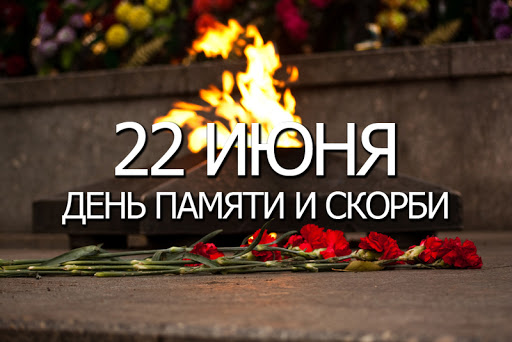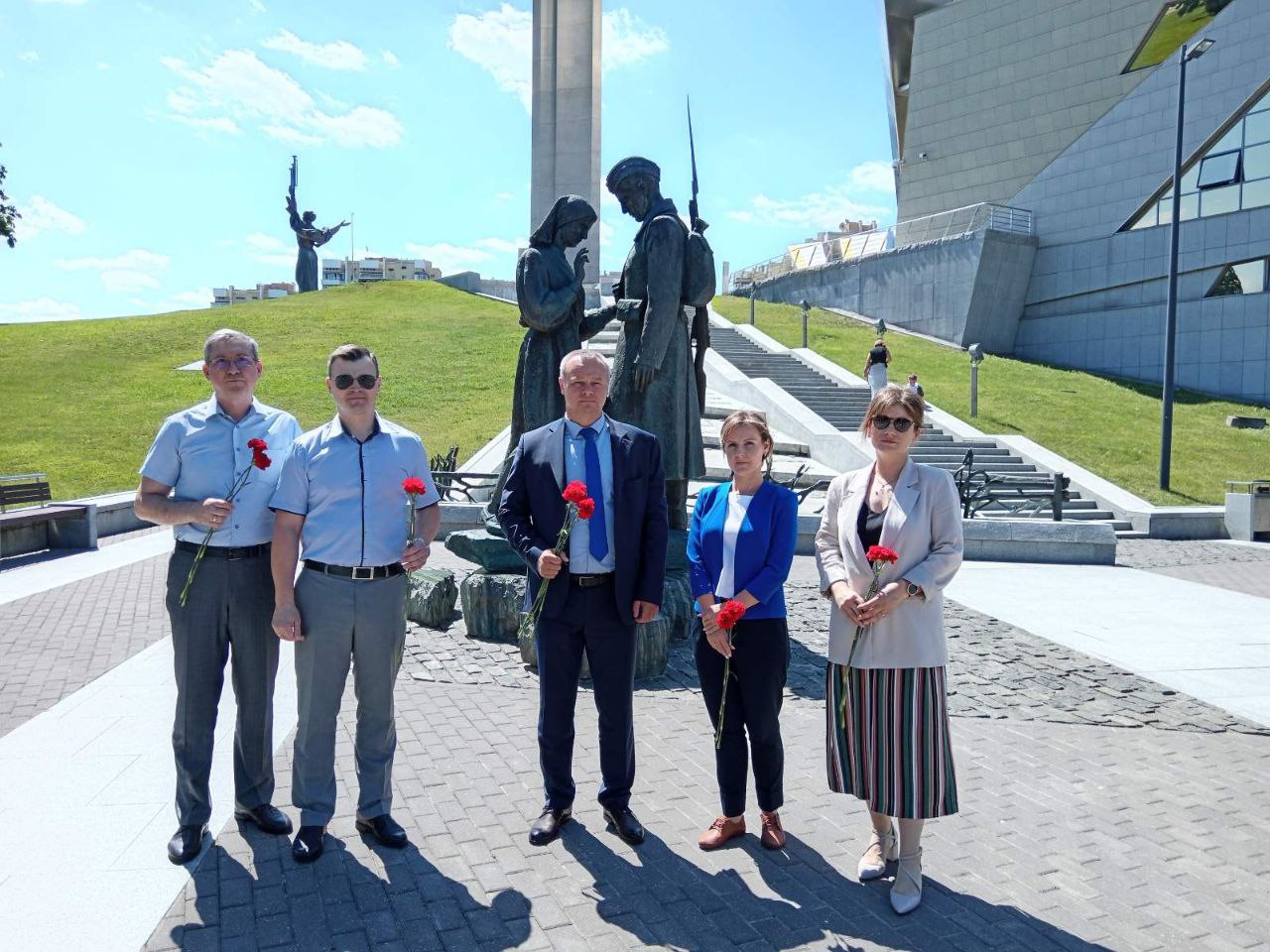The Belarusian Institute Of System Analysis And Informational Support Of Scientific And Technical Sphere
On June 22, Belarus marks the Day of National Remembrance of the Victims of the Great Patriotic War and the Genocide of the Belarusian People
Document address: http://www.belisa.org.by/en/news/ed59c085b5d529ed.html
21.06.2024

On June 22, a mournful date is celebrated in Belarus — the Day of National Remembrance of the Victims of the Great Patriotic War and the genocide of the Belarusian people. From the first day of the war, Belarus became the scene of the largest battles. The first to receive the enemy's blow were the border guards and the advanced units of the covering troops. Enemy aircraft bombed railway junctions, airfields, as well as Brest, Grodno, Volkovysk, Baranovichi and other Belarusian cities.
In the first hours of the war, Brest and the fortress were subjected to massive artillery shelling and aerial bombardment. The heroic garrison of the Brest Fortress stubbornly fought the enemy for over a month.
On the territory of the BSSR, the Nazi invaders created 260 places of forced detention and extermination of the population, their branches and departments, including concentration camps — places of imprisonment and physical extermination of people on political, racial, religious and other grounds. The largest not only in Belarus, but throughout the occupied Soviet territory was the Trostenets death camp, where more than 206,500 people died.
During 1941–1944, the occupiers carried out more than 140 major punitive operations on the territory of Belarus, destroyed about 9,200 villages and hamlets, of which 5,295 shared the fate of Khatyn — they were destroyed along with all or part of the population. Of the burned villages, 186 were never revived.
In total, more than 1.3 million Belarusians and natives of Belarus fought on the fronts of the Great Patriotic War, of which 446 were awarded the country's highest award — the title of Hero of the Soviet Union, and four — twice. About 400 thousand Belarusian soldiers were awarded military orders and medals. During the war years, more than 400 Belarusians became generals and admirals.
For the massive heroism and courage shown in the fight against aggressors, the capital of Belarus, Minsk, among 12 cities of the former Soviet Union, was awarded the honorary title of hero city. The Brest Fortress received the title of hero fortress.
Director of the State Institution "BelISA" Vladimir Susha and employees of the institute took part in laying flowers at the sculpture “Farewell” near the Museum of the History of the Great Patriotic War. The Great Patriotic War was a battle of the Soviet people against the Nazi invaders, unprecedented in history in terms of its scale and ferocity. In this war, Belarus lost every third resident — their memory will live forever.

Complete or partial reproduction of the given data is allowed with reference to (with hyperlink for Internet) the source